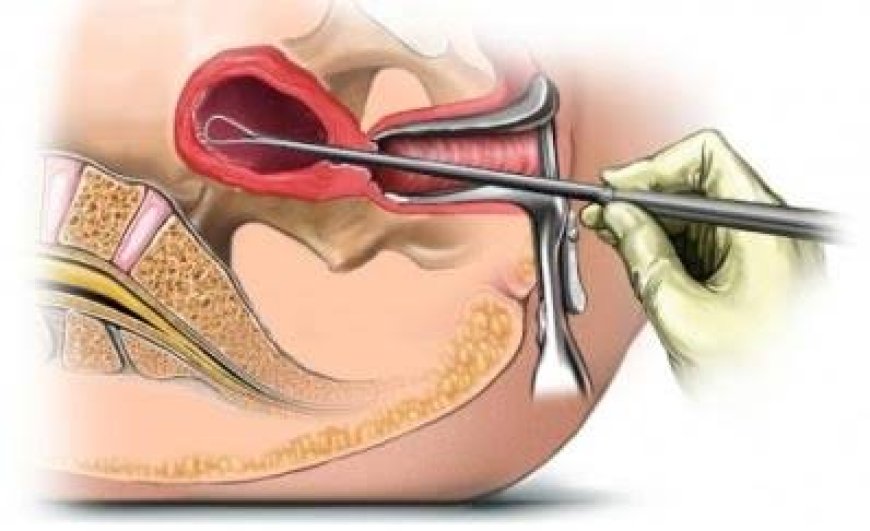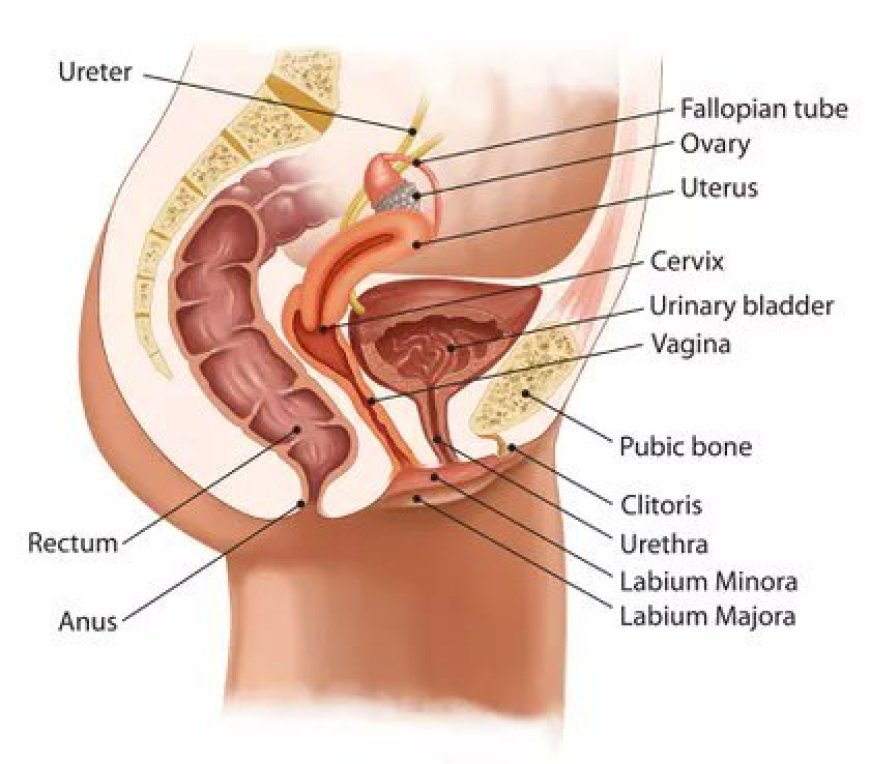The Ins and Outs of D&C for Pregnancy Termination
In the realm of women's reproductive health, one of the most sensitive topics is pregnancy termination. While there are many ways to terminate a pregnancy, one of the most common methods is D&C or dilation and curettage. D&C is a medical procedure that is performed to remove tissue from the uterus.

In the realm of women's reproductive health, one of the most sensitive topics is pregnancy termination. While there are many ways to terminate a pregnancy, one of the most common methods is D&C or dilation and curettage. D&C is a medical procedure that is performed to remove tissue from the uterus. It is often used as a way to terminate a pregnancy, but it can also be used to diagnose or treat certain conditions. In this article, we will delve into the ins and outs of D&C for pregnancy termination, including what it is, who it's for, its advantages and disadvantages, what you should know, and how to prepare for the procedure.
Meaning of D&C
Dilation and curettage, or D&C, is a medical procedure that involves dilating the cervix and scraping the lining of the uterus to remove tissue. It is typically a same-day procedure that is performed under general anesthesia or conscious sedation. While D&C is often used to terminate a pregnancy, it can also be used to diagnose or treat certain conditions such as abnormal uterine bleeding, polyps, or fibroids.
Advantages of D & C
One advantage of D&C is that it is a relatively quick and safe procedure. It is typically performed in an outpatient setting, and most women are able to return home the same day. D&C is also a highly effective method for terminating a pregnancy, with success rates of up to 99 percent.
Disadvantages of D&C
One disadvantage of D&C is that, like any medical procedure, it comes with some risks. These risks include infection, bleeding, and damage to the uterus or other nearby organs. In rare cases, D&C can also lead to scarring or adhesions in the uterus, which can cause fertility problems.
Life after D&C
After a D&C procedure, most women are able to resume their normal activities within a few days. However, it is important to avoid strenuous exercise or sexual activity for at least two weeks to allow the cervix to heal. Women who have had a D&C to terminate a pregnancy may experience some bleeding or cramping for a few days after the procedure. It is also important to use contraception to prevent another unintended pregnancy.
What You Should Know About D&C
Before undergoing a D&C procedure, it is important to understand the risks and benefits of the procedure. Women should also be aware of the potential complications and side effects, as well as any alternative options for pregnancy termination. It is important to discuss any concerns or questions with your healthcare provider before the procedure.
Who is D&C For?
D&C is typically recommended for women who are experiencing abnormal uterine bleeding, or who have been diagnosed with certain conditions such as polyps or fibroids. It is also commonly used as a method of pregnancy termination, particularly in cases where the pregnancy is not viable or poses a risk to the mother's health.
Who Can Perform D&C?
D&C is typically performed by a gynecologist or other trained healthcare provider. It is important to choose a provider who is experienced and knowledgeable in the procedure, and who can provide adequate pre- and post-operative care.
How to Get Ready for D&C
Before undergoing a D&C procedure, women should discuss any medications they are taking with their healthcare provider. Some medications, such as blood thinners, may need to be stopped prior to the procedure to reduce the risk of bleeding. Women should also arrange for someone to drive them home after the procedure, as they will not be able to drive themselves. It is also important to follow any pre-operative instructions provided by the healthcare provider, such as fasting before the procedure.
Conclusion
Dilation and curettage, or D&C, is a medical procedure that is commonly used for pregnancy termination, as well as for diagnosing and treating certain conditions. While there are risks associated with the procedure, it is generally considered safe and highly effective. Women who are considering a D&C should discuss the risks and benefits with their healthcare provider, and should be sure to choose a provider who is experienced and knowledgeable in the procedure. With proper preparation and care, D&C can be a safe and effective method for terminating a pregnancy or treating certain reproductive health conditions.
Frequently Ask Questions on D and C
1) What is a D&C abortion?
A D&C (dilation and curettage) is a medical procedure that removes the contents of the uterus to terminate a pregnancy.
2) Is a D&C the only abortion procedure available?
No, there are other methods of abortion such as medication abortion and surgical abortion.
3) Is a D&C abortion safe?
Yes, a D&C abortion is generally considered safe if performed by a qualified healthcare provider.
4) How long does a D&C abortion take?
The procedure takes about 10-15 minutes but the entire process from check-in to discharge can take several hours.
5) Will I feel pain during the D&C abortion?
You will likely be given anesthesia during the procedure to minimize pain.
6) Can I become pregnant again after a D&C abortion?
Yes, you can become pregnant again after a D&C abortion but you should wait until you have fully recovered and your menstrual cycle has returned to normal.
7) Are there any risks associated with a D&C abortion?
Like any medical procedure, there are risks associated with a D&C abortion including infection, bleeding, and damage to the uterus or other organs.
8) How soon after a D&C abortion can I return to work or normal activities?
This varies depending on individual recovery time and type of work. It's best to follow your healthcare providers' advice on when it is safe to resume normal activities.
9) Can the D&C procedure affect future fertility?
In general, a D&C abortion does not affect future fertility but there is a small risk of damaging the uterus during the procedure, which could lead to fertility problems.
10) What if I have regrets after the D&C abortion?
It's important to talk to your healthcare provider and/or a counselor about your feelings and any regrets you may have after the procedure. They can provide support and resources to help you cope.
What's Your Reaction?





























































































